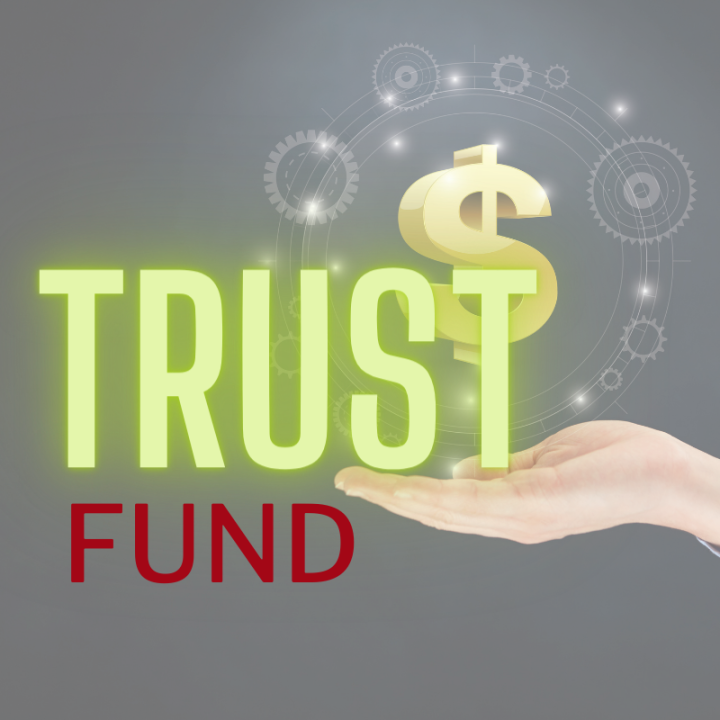Trust is a vital part of getting things done and inspiring others to follow your leadership.
As a leader, do you trust yourself to do what you say you will do? Do you trust that you have the right instincts and will do the right thing? Do you trust that you can handle things, no matter the circumstances?
“…one thing has the potential to create unparalleled success and prosperity in every dimension of life. Yet, it is the least understood, most neglected and most underestimated possibility of our time. That one thing is trust.”
–Stephen Covey, The Speed of Trust
Building trust is complicated. We live in a world where governance is suspect, and organizations struggle with employee disengagement stemming from a lack of trust. To foster trust with your team and communicate more effectively, you must create an environment of safety, where employees trust that you and their coworkers have their best interests at heart.
Every effort in which you are engaged, personally and professionally, involves some level of trust, and every encounter carries some risk. In this time of global threats, corporate corruption, failure in leadership, broken relationships and plain old office politics, the ability to establish trust is critical.
Ask yourself:
- Am I creating a strong environment of trust within the team and with each project?
- Am I building a strong bond of trust with my family, friends, and colleagues through my actions, communication, and responsibilities?
Our quality of life is determined by the amount of trust we have in our relationships, our communication, and our leaders and our coworkers.
Building Trust Pays Off In Dividends
Trust is key in team building. When there is a lack of trust, you’ll find that it limits creativity, undermines conflict management, disempowers individuals, and brings a high level of uncertainty to work projects.
When you develop a strong team, you are fully engaging people in a collaborative environment of respect, shared responsibility, helpfulness and cooperation. Trust building for your team takes active listening, giving positive and constructive feedback, and showing appreciation. Trust building is a learned skill.
When you make the effort to reach out, connect, and engage in consciously fostering relationships, your energy shifts toward appreciation. Ultimately, we’re all connectors; we thrive when we’re connected to other people. Connection reduces our fears and develops a “we” mentality.
When relationships are based on trust, you feel like they flow more easily, are more positive, and have less conflict. You invite people into your inner circle by talking openly about your needs and aspirations, and by listening to theirs. You focus on mutual success.
When you have others’ best interests at heart, they are more likely to trust your intentions. When you reach out and people respond positively, this invites you both to trust more. When you increase the amount of trust you’re willing to give someone, you begin to open up more.
Reciprocity Generates Trust.
Trust also gives rise to confidence. When you trust yourself, you trust your judgment of others. You trust others’ integrity, agendas and capabilities. Think of a person with whom you have a high trust relationship. Is it because they are honest with you? True to their word? And because you appreciate their values?
Speaking of trust: If you can’t trust yourself, who will you trust?
Lack of self-trust is difficult to overcome—if you are unwilling to take a risk. Trusting yourself and moving beyond the fears that get in your way helps you build trust with others.
Operating with integrity builds trust.
When it comes to trusting ourselves, we discover through experience that we have made good choices and decisions. We gain confidence and continue to trust, even with occasional and inevitable failures. Modeling integrity and open communication with your team members creates a safe and inclusive environment.
Living in trust means acting with integrity, honoring your intentions, and sticking to the values you cherish.
Ask yourself:
- Do I trust my instincts?
- Do I take risks and stand up for what I believe?
Susan Jeffers, the author of Feel the Fear and Do It Anyway, says, “Fear is our inability to trust we can handle whatever it is that comes our way.” Insecurities hide behind our thoughts:
- What if it doesn’t work?
- What if I can’t do it?
- What if it’s not the right direction to take?
To become a confident, fearless person, you can integrate all the parts of yourself so you no longer feel divided, uncertain and insecure. Without self-doubt, you’ll trust yourself to do the right thing.
Self-trust, linked with vision and motivation, is the hallmark of successful individuals.
There’ll always be people who are smarter, quicker, more gifted, etc. The key is to trust that what you have to offer is enough, and if not, that you can evolve and grow, and acquire the knowledge and skills you need.
Freeing your mind to embrace uncertainty as you stumble your way to success is a risk. . . and also a gift of trust. You can do it!
Be Fearless: See Where It Gets You.

